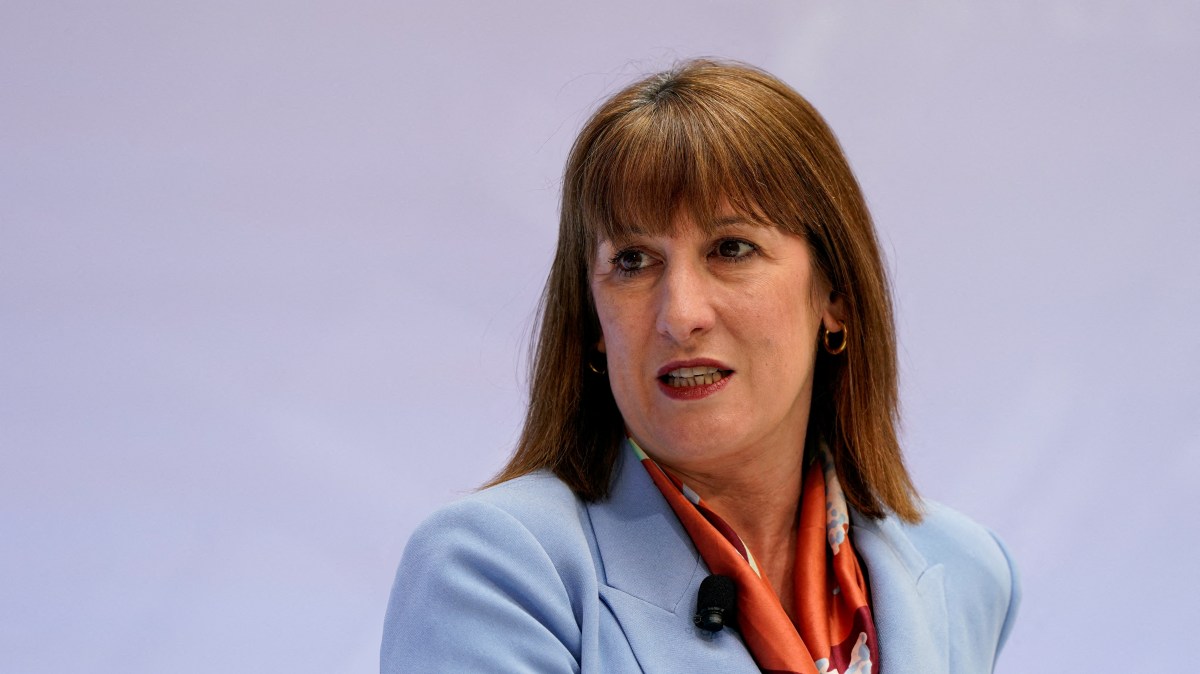Inflation is set to climb to its highest level in nearly two years, figures next week are expected to show, reinforcing the view from a senior policymaker at the Bank of England that interest rates should be cut at a “cautious pace”.
The Office for National Statistics (ONS) is expected to release data on Wednesday that will show inflation climbed to 4 per cent in September, the steepest rate since January 2024 and up from 3.8 per cent in the previous month.
The recent surge in inflation has sparked fears that families could be plunged into another cost of living crisis caused by rising household bills, food and energy prices. The International Monetary Fund (IMF) said this week that families would see no growth in living standards in the coming years.
Crucially, September’s inflation rate is used to calculate benefit and pension increases next spring, highlighting the spending pressures facing Rachel Reeves, the chancellor, as she prepares to announce tens of billions of pounds of tax increases at the budget next month, potentially exacerbating the burgeoning cost of living crisis.
At 4 per cent, inflation would be double the Bank of England’s target, prompting analysts in the City to predict that interest rates will remain unchanged at 4 per cent until as late as next spring.
On Friday, Huw Pill, chief economist at the Bank of England, said that he favoured lowering borrowing costs at a “cautious pace” in order to rein in price pressures.
At an event hosted by the ICAEW, the accounting body, Pill said that although he expected “further cuts in bank rate over the coming year” he stressed that it would “continue to be important to guard against the risk of cutting rates either too far or too fast”.
Rapid food price growth has driven up headline inflation, with grocery costs up by more than 5 per cent in the year to August, the largest rise since January 2024. Gas, electricity, water and council tax are all set to increase over the coming year.
According to forecasts from the IMF, the UK is poised to face the highest inflation rate in the G7 this year and next, which is likely to cancel out any gains workers receive from pay increases.
Researchers at Capital Economics said that September was likely to mark the peak of recent inflation “hump”, but cautioned that the UK’s ability to tame inflation has received a “kicking” over the past year.
Analysts at S&P Global, the research agency, said that September’s inflation rate may be pushed up by the lingering “impact from the tax and pay increases which came into effect in April”.
The economic backdrop to Reeves’s budget on November 26 is tough: unemployment has climbed to a four-year high of 4.8 per cent and GDP growth has slowed from around 0.7 per cent in the spring to 0.3 per cent. When Labour took office in July last year, inflation was 2.2 per cent, within reach of the UK’s official target.
Earlier this month, the Institute for Fiscal Studies warned the chancellor not to increase taxes that could strengthen inflation, like raising VAT, employer national insurance contributions again or unfreezing fuel duty, as these measures are more damaging to growth. The Bank of England has said that Reeves’s £25 billion payroll tax raid had resulted in inflation falling more slowly than it had hoped.

